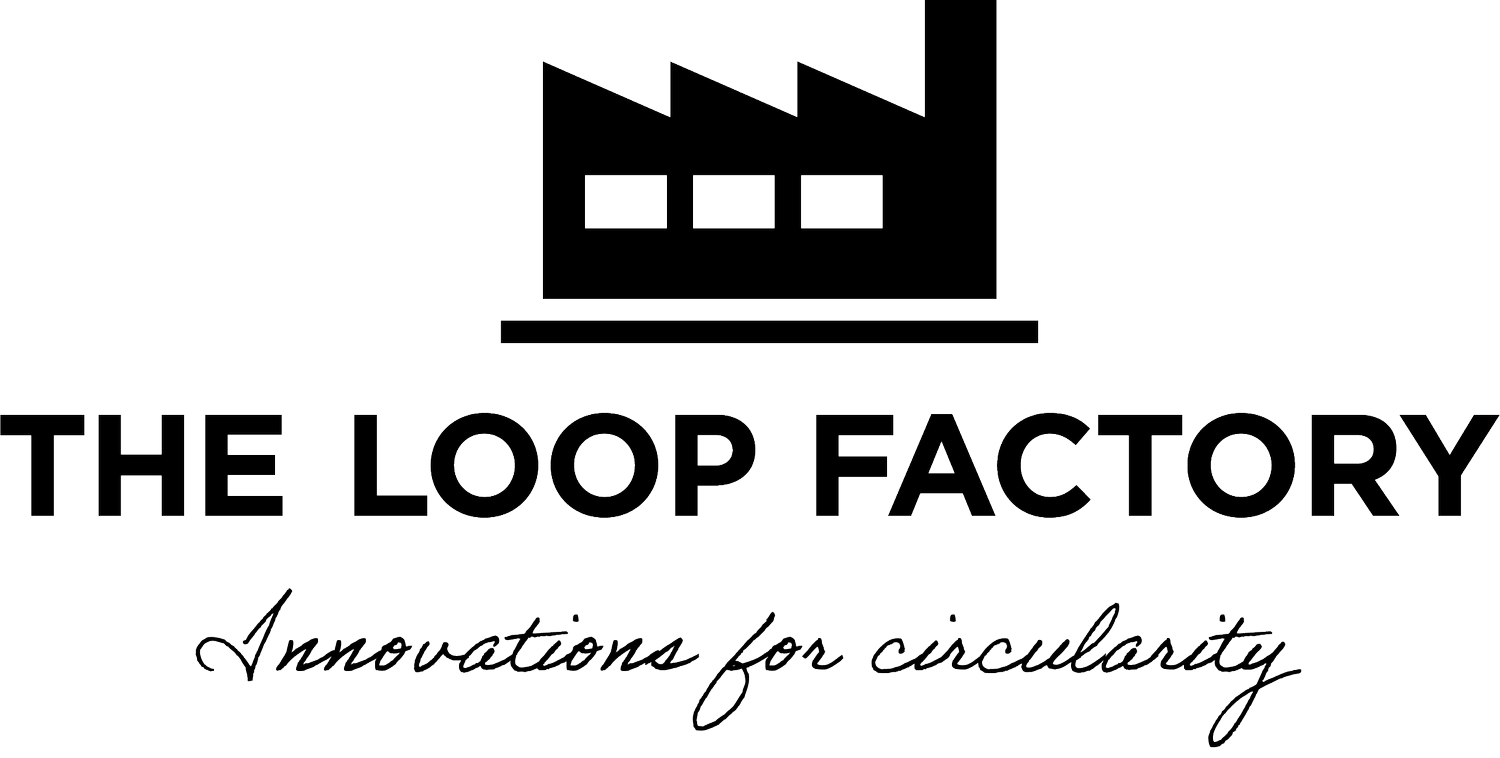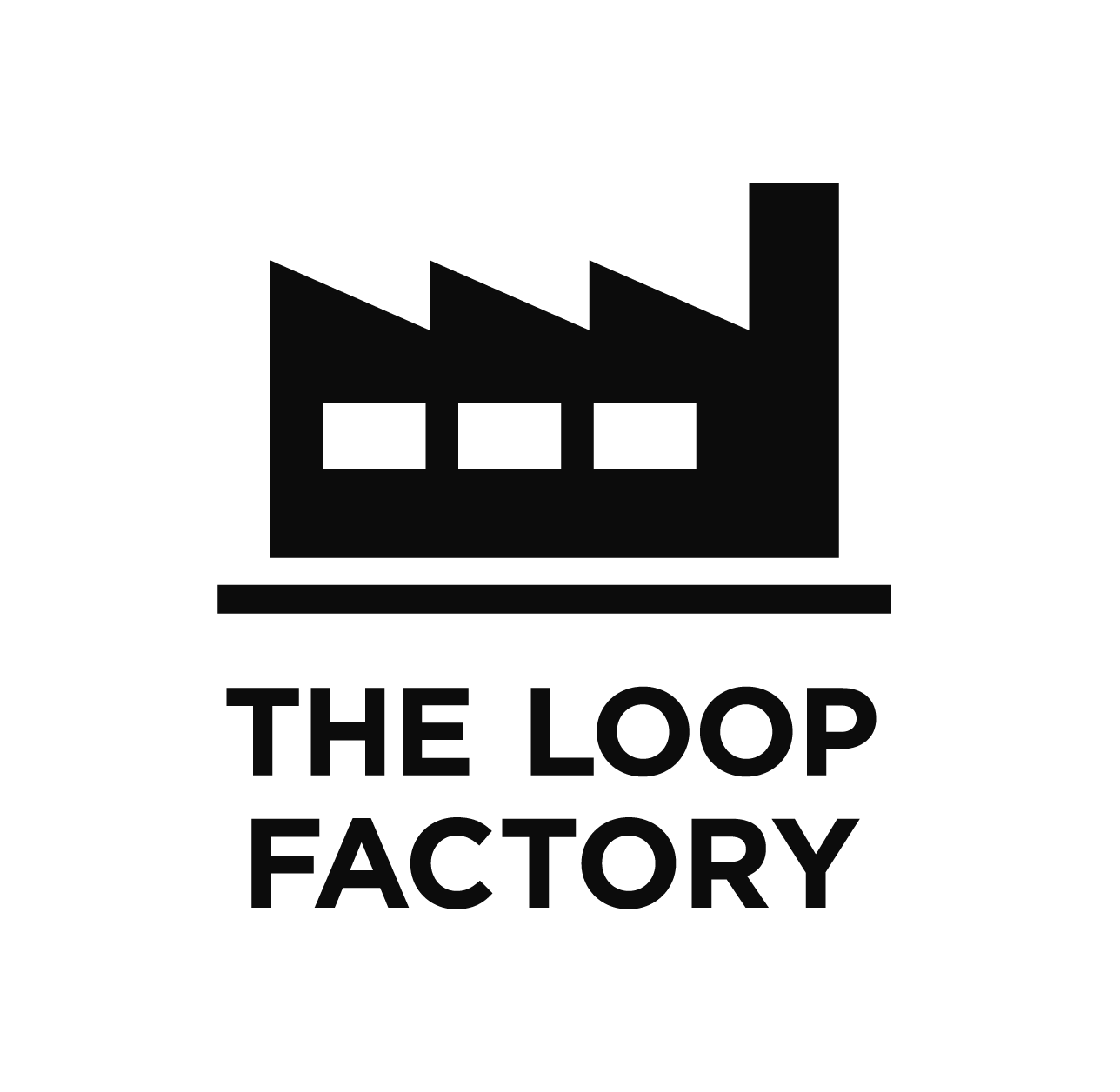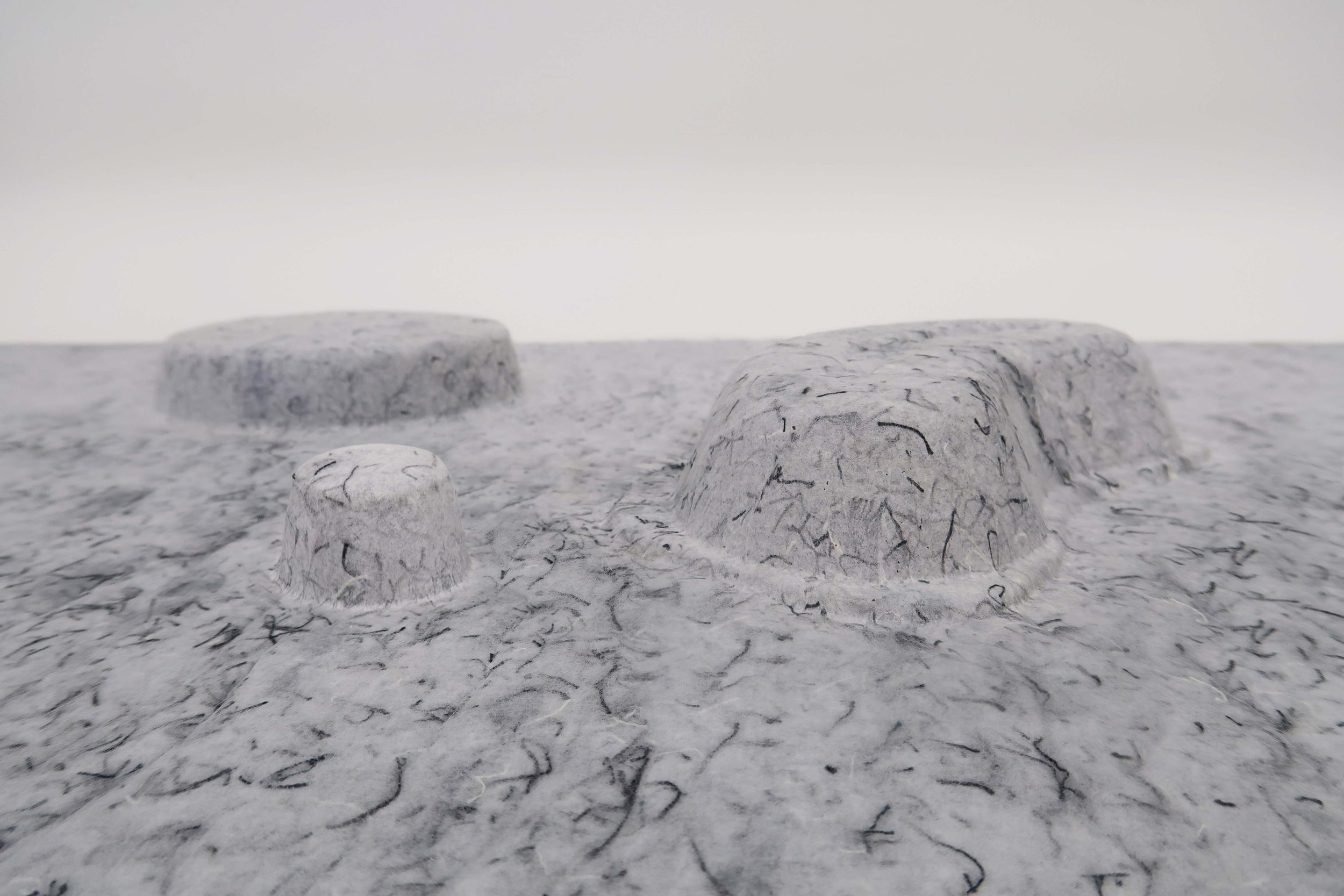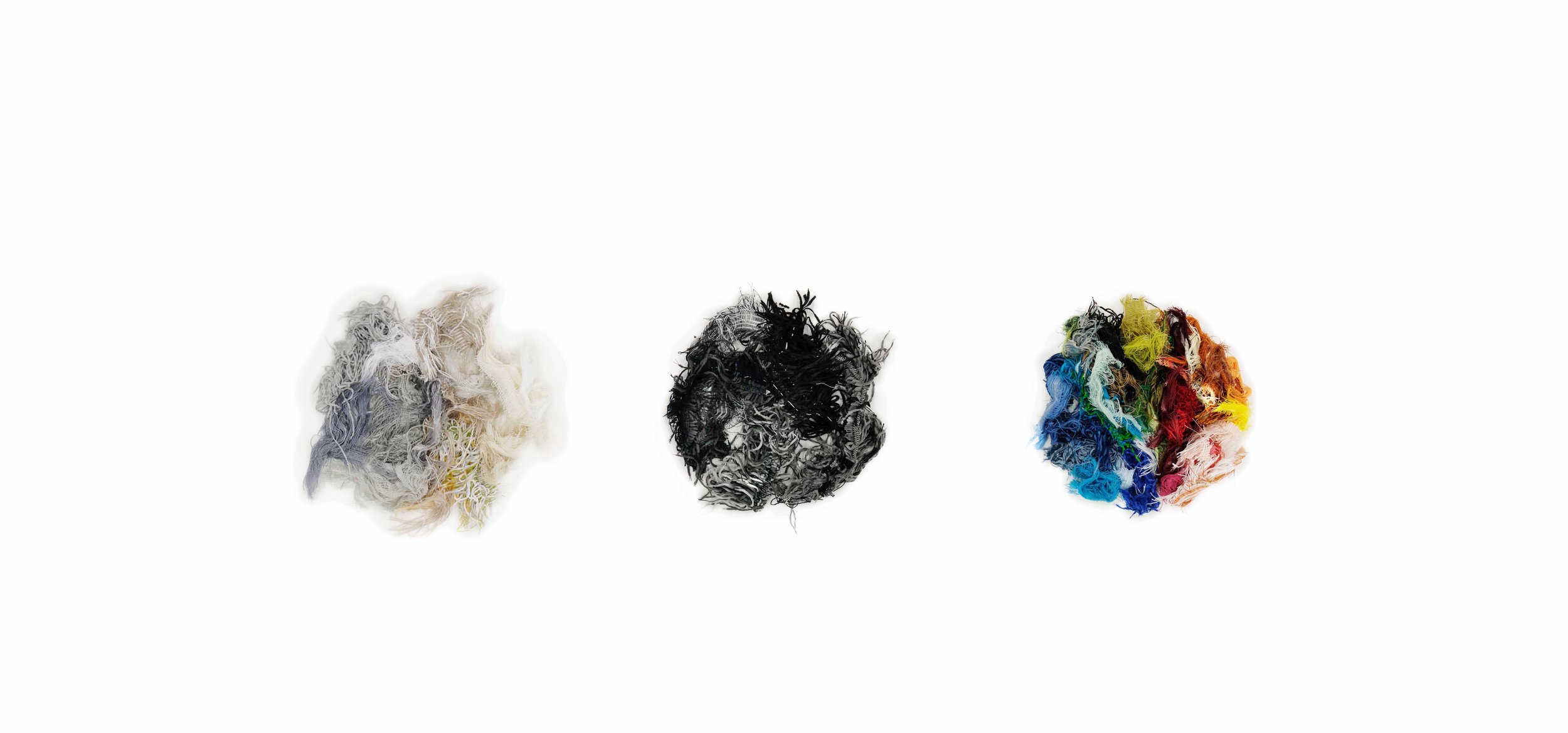
texchain 3
Creating a circular business. Together with different actors in the textile value chain, we are forming a platform and a marketplace for secondary textile raw materials. In collaborations, new value chains and business models for industrial textile waste will be stimulated. This tool enables circular business for the Swedish textile industry and helps to make use of our domestic textile raw material and create a bigger value for our textile.
BACKGROUND
The transition to a circular economy requires completely new ways of relating to how products are manufactured, used and taken care of. New applications and strategies at companies and players, collaboration across industry boundaries, across the entire value chain, new eco-systems and commitment from end users are all prerequisites for creating common values
CHALLENGE
According to a rough estimate, there are 6,000-14,000 tonnes of textile residual waste from industry per year in Sweden. Finding new uses for these means new business opportunities and the development of more resource-smart products.
SOLUTION
The need and interest are great, which is proven by the number of stakeholders who participate. 32 parties have joined the initiative, of which 24 are industrial actors (most of them SMEs) and 4 industry associations. The project's various activities together with the broad connection from the industry will create fantastic conditions for establishing new forms of collaboration, working models and innovations, necessary for the transition to a circular economy.
RESULT
The activities in the project will result in increased knowledge, new collaborations, enabling ideas to be commercialized and the implementation of a marketplace for textile residual streams. All methods and the knowledge generated will be gathered in a method book at the end of the project.
Raising Awareness, taking action
This project focuses on the raw material textile, and more specifically on how the textile residual streams that are today seen as waste, can be reused in materials or products in new or existing circular and business applications.
The project focuses on three areas:
-
1.
Increased knowledge, collaboration and establishment of circular value chains.
-
2.
Practical implementation of 8 parallel pilot projects with the aim of demonstrating environmental and business benefits that can be realized after the end of the project.
-
3.
Establishment of a platform that enables the use of textile flows with transparency and traceability.
three levels for circularity
The parties have chosen to join in 3 different levels. Companies in level 1 receive increased circular knowledge and inspiration, and in level 2, companies are offered coaching on the possibilities of converting residual flows into products and new business along their value chain. The companies that participate in level 3 are offered the same as the companies in level 2 and to take an idea for validation via a pilot project.
Communication of the project's activities and project results is a central part of the project and is also a prerequisite for successful implementation, ie the establishment of new circular value chains, cross-industry collaboration and the establishment of the platform. This takes place continuously during the project, partly through open conferences and lectures and partly through ongoing communication into the project parties' communication channels, some of which will be disseminated through the industry organizations.
the facts
The project is funded by Vinnova (the Swedish Innovation Agency) and the participating partners.
Partners: Wargön Innovation and The Loop Factory
Period: 11/2020 – 06/2023
Participants: Artex, Blåkläder, Borgstena, Contekton, Fogia, Form2, Glimåkra of Sweden, Kasthall, Rikstvätt Sverige, Ludvig Svensson., Martinson, Materia, National Högsäter, Novoplast, Region Skåne, Samhall, Sculptur, Stormie Poodle, Taiga, TEKO Logistik, Texla, Tranemo Textil, Volvo Cars, Teko, Västkuststiftelsen, Sveriges Tvätteriförbund, Bil Sweden, Trä- och möbelföretagen, RISE IVF, Högskolan i Borås, Västra Götalandsregionen.








